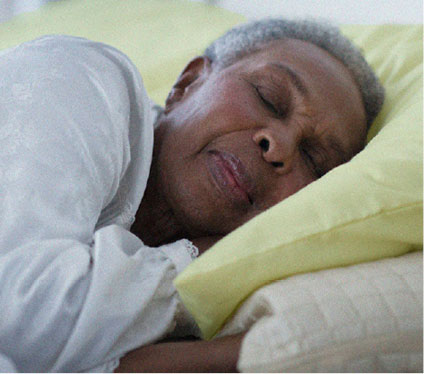SLEEP apnea has associations with an increased risk of sudden and cardiovascular-related deaths.
Future research should focus on decreasing and preventing this serious sleep condition.
Obstructive sleep apnea has become a globally prevalent health concern.
Recent literature estimates that more than 1 billion individualsTrusted Source experience this chronic sleep disorder.
A study by Penn State College of Medicine in Hershey, which appears in BMJ Open Respiratory Research, found that those who receive a diagnosis of obstructive sleep apnea are at a significantly greater risk of dying suddenly than those who do not have the condition.
The word apnea means “without breath.” During obstructive sleep apnea, there is a reduction or complete blockage of airflow during sleep.
This sleep disturbance manifests itself in various ways, including excessive daytime sleepiness, fatigue, heavy snoring, and non-refreshing sleep.
While these symptoms can potentially affect a person’s quality of life, they can also have even more serious consequences.
Researchers at Penn State performed a systematic review of the literature and identified 22 studies focusing on obstructive sleep apnea, cardiac death, and sudden death. The team analyzed the combined data of these studies by meta-analysis.
The quantitative analysis included a combined total of over 42,000 individuals across the world. The mean age of participants was 62 years old, and 64% were men.
The meta-analysis showed that individuals with obstructive sleep apnea were approximately twice as likely to experience sudden death than those who did not have the sleep condition.
The study also identified that obstructive sleep apnea resulted in a nearly twofold risk of cardiovascular death that increased with age.
According to Dr. John S. Oh, assistant professor in the Department of Surgery at Penn State Health Milton S. Hershey Medical Center and one of the study authors, many patients do not realize the seriousness of an apnea diagnosis.
In an interview with Medical News Today, Dr. Ryan Soose, director of the UPMC Sleep Division, said: “We’ve known for a long time that untreated sleep apnea patients are more likely to develop high blood pressure, heart disease, and a number of other health conditions.
But the risk of sudden death reported in this study is eye-opening and makes a timely diagnosis and treatment even more pressing.”










